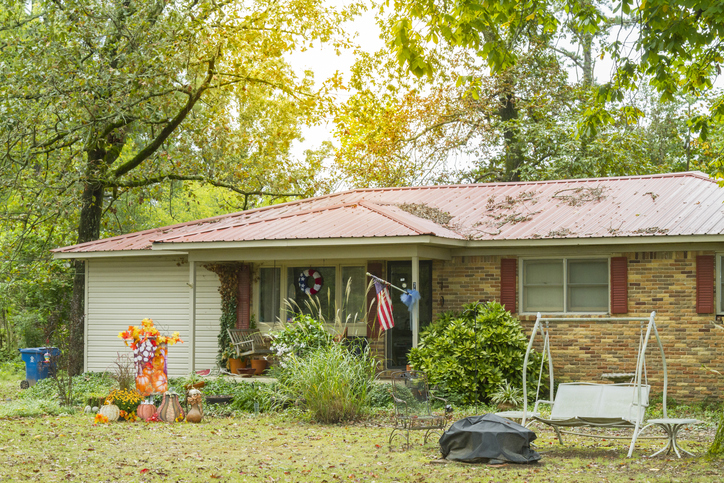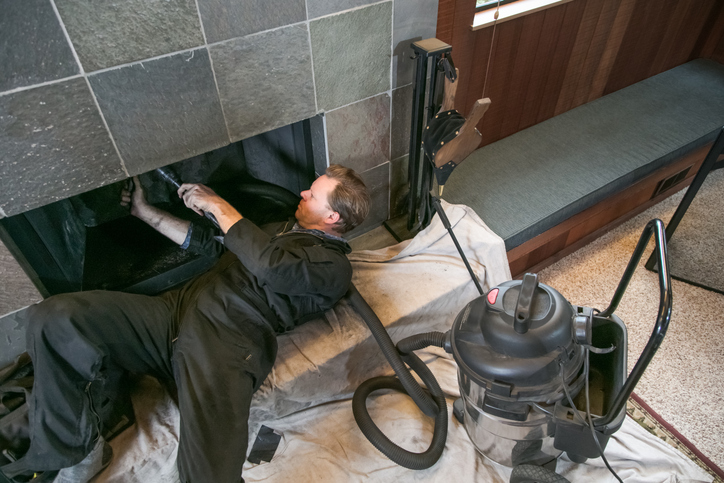How Much Can a Landlord Collect When a Pet is Just a Pet?

PAR has covered a lot of situations regarding assistance animals, including JustListed articles and some standalone resources, with the constant reminders that assistance animals are not pets. But sometimes an animal is really just a pet, so can landlords collect a “pet deposit” in addition to their regular “security deposit” for that chocolate lab, kitten or goldfish?
Well… it depends.
The Landlord and Tenant Act of 1951 regulates the amount of money to be “deposited in escrow for the payment of damages to the leasehold premises and/or default in rent thereof…” Specifically, the landlord can’t require more than two months’ rent as a deposit for the first year and only one month after that. In case law, the courts further clarified that further to state that “calling the payment a name other than ‘security deposit’ did not change the purpose of the payment.” (See JustListed regarding E.S. Management v. Yingkai Gao, et al.) So, how does that apply to pet deposits?
That issue of what you call it seems to be what trips up landlords and property managers. Since the point of collecting a “pet deposit” is generally to protect against potential damage done by a pet, it’s clearly within the limitations set by the law for “payment of damages to the leasehold premises.” That being the case, the landlord has to be sure that the total amount collected for deposit(s) is less than the statutory maximum – the equivalent of two months’ rent for the first year and one month thereafter.
Now, let’s do some math.
Assume rent is $1,000/month. Here are some scenarios for the first year of the lease:
- YES. $1,000 security deposit + $500 pet deposit.
The “pet deposit” is being collected to protect against property damage, but since the total amount is less than two months’ rent, this would be acceptable. - NO. $2,000 security deposit + $500 pet deposit.
The “pet deposit” is being collected to protect against property damage; this brings the total amount to $2,500 (or 2.5 months’ rent), which is too much. - NO. $1,000 security deposit + $1,000 last month’s rent + $500 pet deposit.
Since the “last month’s rent” is being collected to protect against non-payment of rent, and the “pet deposit” is being collected to protect against property damage, they bring the total amount to $2,500 (or 2.5 months’ rent), which is too much.
And remember that this is only for the first year of a lease. Beginning in the second year of a lease, the landlord could keep only one month’s rent in escrow, so if rent goes up to $1,100/month in the second year, the landlord would have to have a way to return anything above $1,100 to the tenant (usually either just giving it back or applying it to partial payment of the first month’s rent in the new lease term).
If this legal restriction seems too limiting on landlords who have legitimate concerns about potential pet damages, keep in mind that “tenant with a pet” is not a protected class and could generally be treated differently than “tenant without a pet.” For example, a landlord could simply charge a one-time pet fee in addition to regular rent. This wouldn’t be held in escrow to be accessed in the event of actual damages – it’s just a fee for the privilege of having a pet. Or, a landlord could charge additional rent for that pet so the tenant is paying a little bit extra every month in the event there is property damage or a higher-than-usual cleaning bill at the end of the lease. Again, this isn’t money to be held in escrow and potentially returned to the renter – it’s just rent. In fact, PAR has a form for that (Pet Addendum to Lease; Form PAL)!
And we can’t say this enough, but this concept and this article apply only to animals that are just pets. Landlords may not charge additional deposits or fees for any legitimate service or assistance animal and should not be trying to get “creative” in trying to figure out ways to skirt these rules.
Topics
Share this post
Member Discussion
Recent Articles
-
Seller Disclosures Unmasked: The Spooky Truth Behind What You Need to Share
- October 25, 2024
- 4 min. read
Seller’s Disclosure Law is all about making sure no one gets tricked by unexpected “treats” in their new home. However, there are several instances where a seller does not have to disclose certain information.
-
Nearly 70% of Homeowners Feel Secondhand Embarrassed by Neighboring Yards
- October 24, 2024
- 2 min. read
A large majority of homeowners expressed negative feelings toward their neighbors’ home upkeep and yard maintenance habits.
-
Winter Maintenance: Chimney and Heating Tips
- October 23, 2024
- 3 min. read
Experts share their insights and advice for the maintenance of chimneys and HVAC systems.
Daily Emails
You’ll be the first to know about real estate trends and various legal happenings. Stay up-to-date by subscribing to JustListed.



